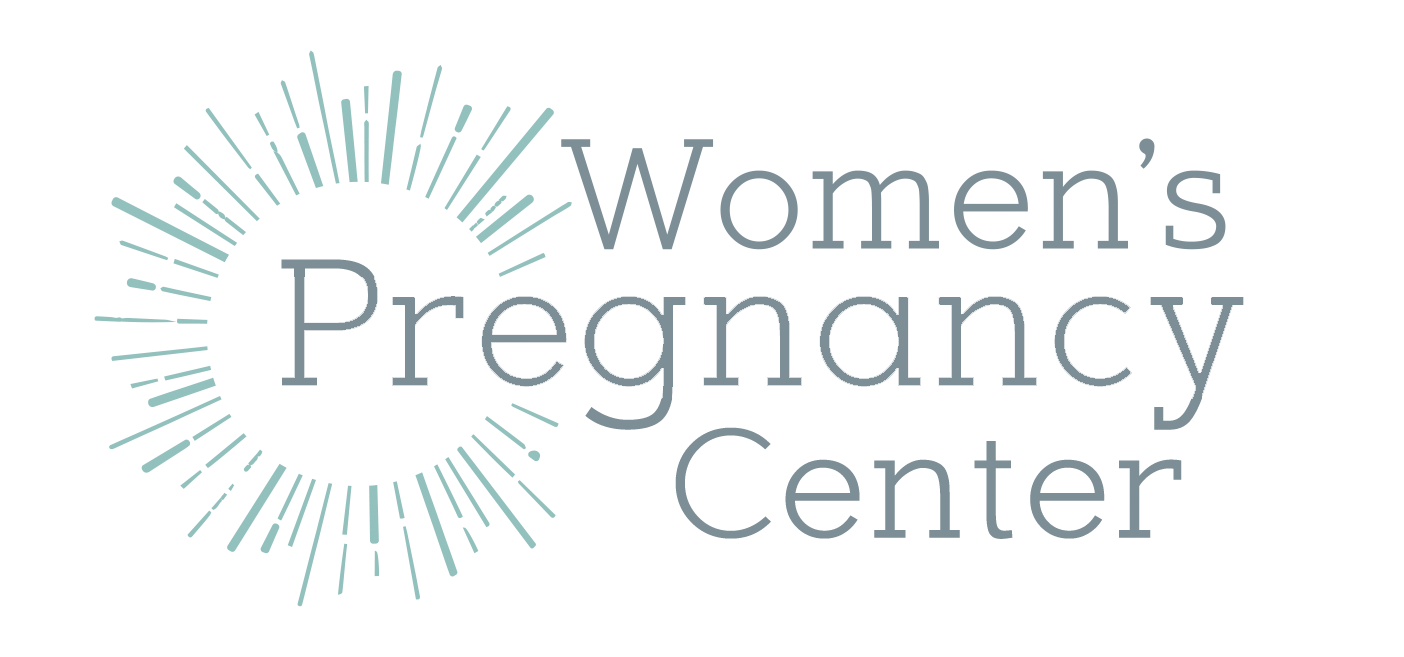Abortion
If you’re considering abortion in Ocala, you’re not alone! The compassionate team of medical professionals at Women’s Pregnancy Center is here to help you make an informed and empowered decision!
Confirm Your Pregnancy
The first step is to confirm your pregnancy. Women’s Pregnancy Center provides free self-administered medical-grade pregnancy tests and ultrasound referrals to determine how far along you are in your pregnancy and whether or not the pregnancy is developing properly inside the uterus. Having this information will inform your abortion options going forward.

Be Informed
Next, be informed about the different types of abortion and their associated risks.
What is Surgical Abortion and How Does it Work?
In a surgical abortion, a suction device is used to remove the embryo from the uterus through the vagina. This procedure is performed at an abortion clinic and you are sent home the same day. However, if complications arise, you may need to go to the emergency room to receive treatment.
What is the Abortion Pill?
Although it’s referred to as a pill (singular), the abortion pill actually consists of two medications: mifepristone and misoprostol.
Mifepristone is taken first, usually in an abortion clinic. This medication cuts the supply of the hormone progesterone to the embryo, which is needed to maintain the pregnancy. Without a steady supply of progesterone, the embryo stops growing. Misoprostol is taken 24-48 hours later at home. This medication causes the uterus to contract and expel the embryo, which ends the pregnancy.
What are the Risks of Abortion?
- Uterine Perforation. Uterine perforation occurs when one of the instruments used in surgical abortion accidentally pokes a hole in the uterus[1]
- Incomplete Abortion. An abortion may not successfully remove all of the fetal tissue. This can occur in a surgical abortion or with the abortion pill. Emergency medical treatment may be required to prevent infection[1].
- Asherman Syndrome. Asherman Syndrome is a condition in which scar tissue forms inside the uterus. This can occur as a result of multiple surgical abortions, making it difficult to become pregnant in the future[2].
- Negative Impact on Future Pregnancies. Studies have shown a link between surgical abortion and an increased risk of premature birth and low birth weight in future pregnancies[2].
- Allergic Reaction. Although rare, it is possible to go into anaphylactic shock after taking misoprostol if you’re allergic to any ingredients in the medication[3].
- Pelvic Inflammatory Disease (PID). Bacteria can enter the reproductive tract during any abortion, causing pelvic inflammatory disease (PID)[4].
Get the unbiased medical information needed to make a fully informed decision for your unplanned pregnancy at Women’s Pregnancy Center! We’re happy to answer all of your questions!
Get the unbiased medical information needed to make a fully informed decision for your unplanned pregnancy at Women’s Pregnancy Center. We’re happy to answer all of your questions.

Abortion Information in
Ocala, Florida
Our compassionate team is ready to serve you. Get the facts you need and the care you deserve at Women’s Pregnancy Center.
Call us at 352-629-2810, text us at 352-629-2811 or request an appointment today. All services are confidential and free of charge!
Please be aware that Women’s Pregnancy Center does not provide or refer for abortion services.
Sources
- U.S. National Library of Medicine. (2020, December 2). Abortion – Surgical. MedlinePlus. Retrieved from https://medlineplus.gov/ency/article/002912.htm
- Mayo Foundation for Medical Education and Research. (2022, August 3). Elective Abortion: Does it Affect Subsequent Pregnancies? Mayo Clinic. Retrieved from https://www.mayoclinic.org/healthy-lifestyle/getting-pregnant/expert-answers/abortion/faq-20058551
- Shin, Hyun Joo, et al. “Anaphylactic Shock to Vaginal Misoprostol: A Rare Adverse Reaction to a Frequently Used Drug.” PubMed Central (PMC), 9 Aug. 2018, www.ncbi.nlm.nih.gov/pmc/articles/PMC6137020
- “Pelvic Inflammatory Disease (PID): Symptoms, Treatments and Causes.” Cleveland Clinic, 23 Nov. 2020, my.clevelandclinic.org/health/diseases/9129-pelvic-inflammatory-disease-pid
